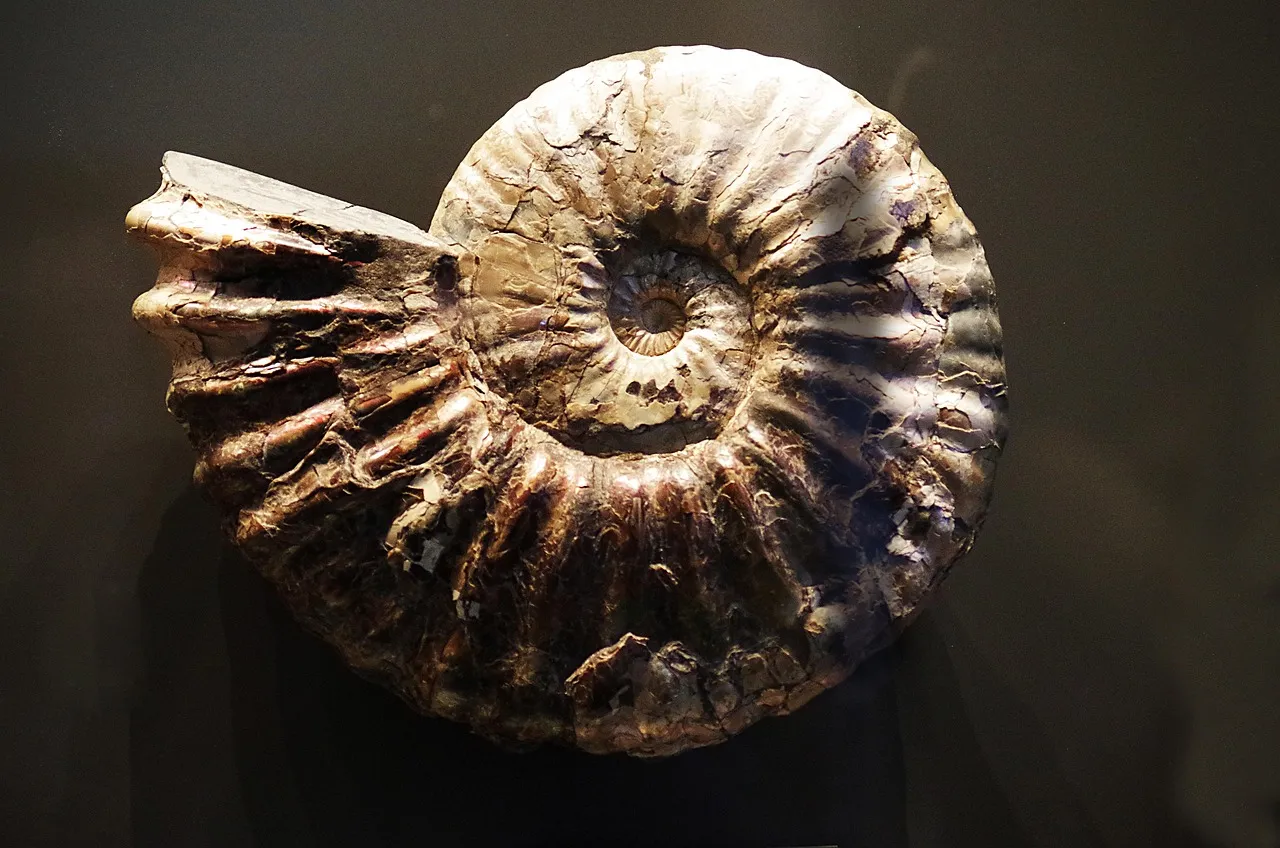
The impact of fossils on Earth’s history and ecosystems
The fossils preserve the imprint of Earth’s history, and over millions of years, they have created natural wonders that are exciting not only for paleontologists but also for the scientific community and the general public. These fossils, which hold the remnants of past living beings, play a key role not only in understanding biological diversity but also in mapping geological events and the evolution of ecosystems. The discovery and study of fossils not only evoke the past but also have significant implications for our present and future.
Through the analysis of fossils, we can learn a great deal about environmental changes, the evolution of climate, and the adaptation of living organisms. Additionally, fossils form the basis of scientific research and contribute to the understanding of the theory of biological evolution. Researching the remnants of ancient organisms serves not only scientific interest but can also raise public awareness about the importance of conservation and sustainability.
Fossils thus play a key role in helping us understand the journey that Earth and its living organisms have undergone over time. In the following sections, we will examine in more detail how fossils impact science and society.
The Scientific Significance of Fossils
The scientific significance of fossils is invaluable, as the remnants of ancient organisms carry a wealth of information about Earth’s history and biological evolution. Through the study of fossils, paleontologists can identify different species, their lifestyles, dietary habits, and even the reasons for their extinction. All of this contributes to the understanding of geological time periods and the analysis of environmental changes.
Research on fossils integrates various scientific fields, such as geology, biology, and chemistry. Geologists study the formation, location, and structure of geological layers containing fossils. Biologists use fossils to uncover the evolutionary relationships of organisms, while chemists aim to determine the material composition and age of the fossils.
Fossils not only serve to enhance our scientific understanding of the past but also help in predicting the future. Climate change and environmental challenges are pressing issues today, and the study of fossils aids us in understanding how ancient ecosystems responded to similar challenges. For example, through the analysis of fossils, we can gain insights into how ancient species adapted to climate change, which can help in the conservation of modern species.
Thus, the scientific significance of fossils far exceeds merely uncovering the distant past. For modern science, fossils represent a crucial source of information that helps connect the past, present, and future.
Fossils and Ecosystems
Fossils not only assist in understanding biological evolution but also play an important role in tracking the development of various ecosystems. Through the analysis of fossils, researchers can map how certain plant and animal species adapted to different environmental conditions and how they shaped their surroundings.
Ecosystems are dynamic systems that continuously change over time. By studying fossils, scientists can identify the patterns that lead to species extinction, emergence, and distribution. For example, during ice ages, many species disappeared due to climate change, while others appeared in new areas. The traces of these events are preserved in fossils, allowing for a detailed analysis of past ecosystems.
Fossils not only aid in understanding past ecosystems but can also contribute to solving current ecological problems. Climate change and the decline of biodiversity pose significant challenges today. By analyzing fossils, scientists can understand what adaptive strategies worked in the past and how these can assist in the conservation of modern species.
Moreover, fossils play a role in developing conservation strategies. The study of fossils can help scientists understand how ancient ecosystems responded to environmental changes, thereby better preparing for future challenges.
Fossils and Society
Fossils are significant not only from a scientific perspective but also have a considerable impact on society. The discovery and presentation of ancient organisms’ remains contribute to the preservation of cultural heritage, as well as increasing public awareness about conservation and sustainability. The discovery and exhibition of fossils create exciting attractions that draw not only those interested in science but also a broader audience.
Presenting fossils in museums and scientific institutions provides opportunities for people to connect more closely with science and nature. With the help of fossils, visitors can get a glimpse into Earth’s history and gain insight into the process of biological evolution. Additionally, the study and presentation of fossils can stimulate young people’s interest in scientific careers, which contributes to the long-term development of the scientific community.
However, the social impact of fossils is not limited to scientific interest. The study of fossils and understanding environmental issues can also contribute to promoting sustainable development. Through fossils, society can better understand how human activities impact the environment and how to protect remaining natural values.
Overall, the impact of fossils on society is extensive and can help raise public awareness about conservation and sustainability.
The information presented in this article does not substitute for professional medical advice. For health issues, always consult a physician or qualified healthcare professional!

